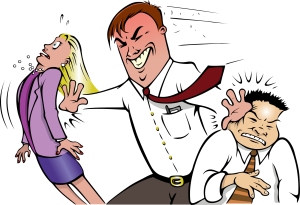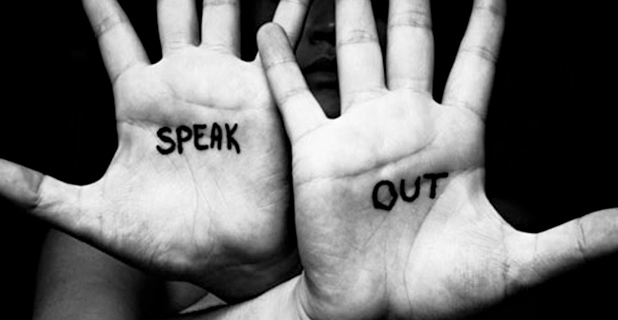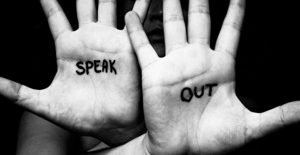I never thought I would write a post with this title.
However, I suspect a lot of you are already thinking about it, so let me say out loud what you might be thinking.
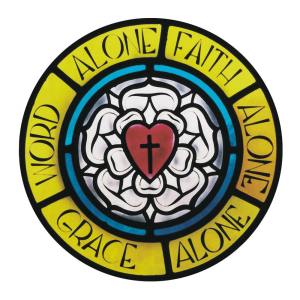
“Maybe checking out a nice Lutheran church wouldn’t be so bad.”
Over the past few weeks, the Evangelical world (read: media, twitter, blogosphere) has been full of drama, so much so, that I wrote about how it reminds me of High School drama. There have been those who are just tired out. Those who have resolved to quit fighting about the drama with other disaffected folks. Those who are advocating for schism. Those who are breaking up with Evangelicalism.
Meanwhile, Lutherans in the US elected a Presiding Bishop, Elizabeth Eaton, who is a woman. Nadia Bolz-Weber (our own little rock star) wrote an incredible book worth reading. Lutherans have a strong history, we have leaders like Dietrich Bonhoeffer who have found renewed followings among many Christians. Lutherans have been doing alright.
Let me be clear though. I am not saying you should become Lutherans because we are awesome (because we are not), and I am not really into sheep stealing.
In fact, Lutherans have a lot of flaws and we may not seem, at first, like what you are looking for.
Most Lutheran churches can seem kind of boring. We don’t create cults of celebu-pastors. We are pretty calm and subdued in worship, when people smile at a joke told during a sermon it is a really big deal. We generally do liturgy, but we are not as good at it as the Catholics or Episcopalians/Anglicans. Lots of us try the praise and worship thing, but we are still stuck in 1992 when it comes to music and style. We sometimes try to get involved in our communities and with helping the poor, but our churches don’t have big outreach budgets and many of our folks are burning the candle at both ends. We do have strong aid organizations like Lutheran World Relief, but we are not like the amazing Mennonites. For youth, we have 2 years of church school (confirmation) for 12-14 year olds – we do not do youth group like the Baptists or Pentecostals.
Of course, Lutherans have drama too. We fight about all kinds of things that churches fight about, from theological understandings of human sexuality to worship styles to carpet colour to budget deficits.
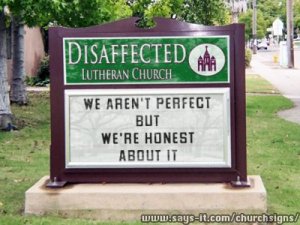 But here is the thing you disaffected Evangelicals might appreciate. We Lutherans are pretty sure we are wrong and imperfect. Plus we like to name it.
But here is the thing you disaffected Evangelicals might appreciate. We Lutherans are pretty sure we are wrong and imperfect. Plus we like to name it.
Most Sunday mornings, we begin by confessing our sins. Together. We admit to God and to each other that we haven’t got things right and we won’t in the future. We remind ourselves that we are all pretty screwed up.
Then we hear God’s forgiveness. Given to us, freely, generously, graciously, without condition.
And we go from there. We begin with confession and forgiveness, and then we preach grace.
Real grace. Grace that is God’s action and not ours. Grace that is entirely God’s responsibility, not ours.
Lutherans might not be the best at liturgy, music, social justice, outreach, youth group, or promoting celebu-pastors. But we are the best at grace.
In fact, I am going to go out on a limb and say Lutherans have the best theology of justification – bar none. We get this grace stuff and we drill it into each other a lot. Lutheran theology and preaching at its best provides the clearest distinction of law and gospel, of what our problem is and what God is doing about it, in all of Christianity. Lutherans churches at their best will boldly declare that we are not the ones saving ourselves, that our theology, our pastors, our liturgy, our music, our youth programs, our celebu-pastors… our good works… don’t meant squat to God.
God has already decided how God feels about us. Any pastor, any Christian who tells you otherwise hasn’t read enough Martin Luther. Or enough of the Bible.
God loves all of us, and not because we earn it or deserve it. God loves us because God is just really cool that way.
This is why I think you disaffected Evangelicals need a little more Lutheranism in your lives. Because we know how to be broken, marginalized, tired out, sinners, and we do it honestly, without pretense. And we know that we will be okay. We know that God is really good at working with our brokeness, working with us at our worst. That is what grace is all about.
That is what I hear you needing. That is what I see coming to odds in Evangelicalism. The need to be right, the need to do it all, the need to have it all together, the need to do God’s work all on your own. The need to be prefect little bible believing Christians coming to odds with the reality of all suffering, sin and death in the world.
Now, before I tell you to become a Lutheran, let me explain one thing. Yes, Lutherans are named after Martin Luther, but Luther named himself after something else. Martin Luder changed his name to Luther, which is derived from the greek work ‘eleutherius’, meaning one who has been set free.
Lutherans are followers of Luther, but we are also ones who have been ‘set free.’
So all you disaffected Evangelicals. Become Lutherans. Become set free.
Become ones who are set free by God’s grace.
So who wants to become a Lutheran? Is this an option for disaffected evangelicals? Share in the comments, or on Facebook or on Twitter: @ParkerErik



